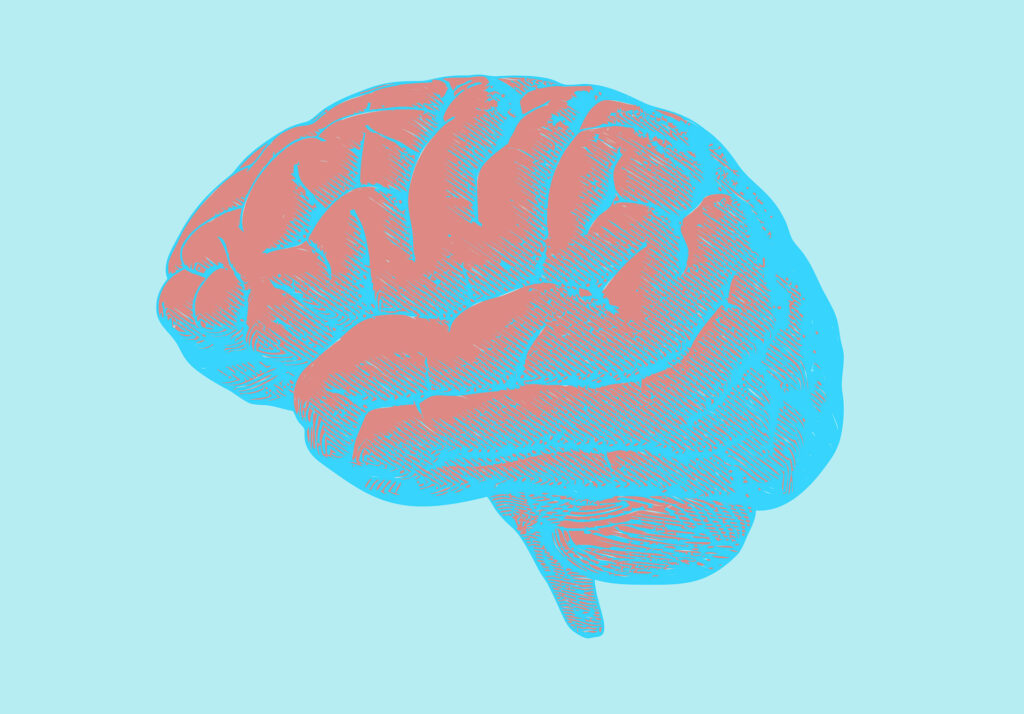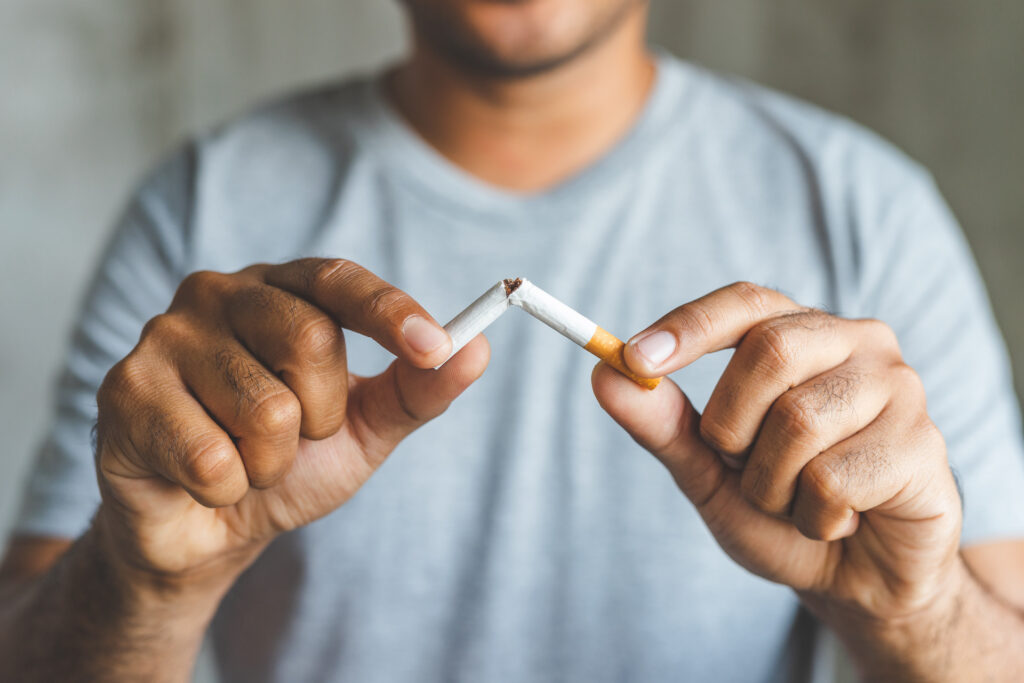Since the inclusion of cravings as a diagnostic criterion in the DSM-V, it has created much debate in the addiction world. Many experts don’t want it included, but those in charge of the DSM-V think it is a good idea to include cravings.
So, why the debate?
If you looked at all the research in the addiction field, you would quickly conclude that we don’t actually know what drug cravings are. This may seem very peculiar as many recovering from substance use routinely talk about cravings. For many, it is one of their greatest fears in recovery. What will I do when I get a really severe craving? And will I be able to stop myself?
We hope by the end of this blog you will understand different theories about cravings. Perhaps it can help you understand that you need not be controlled by your biology—unless, of course, you want it to.
Different Theories of Cravings
In the two hundred years that we have been examining drug cravings scientifically, much has been made of the link between cravings and drug use. Norman Kerr, who published his research in the late 19th century, was convinced they were an integral part of drug use. This seems to be the thinking of modern researchers who rely on brain chemistry to explain cravings.
Many have been less sure about the link. Studies have shown many people resume use even though they have no severe cravings. Some studies have shown those with severe cravings can resist drug use if they can stop to consider the consequences. Other studies see them as a kind of automatic response that leads to drug use—similar to Pavlov’s dogs salivating at the sound of a bell.

Still, cravings seem to be on some continuum of intensity, with only the most severe leading to drug use. Others have suggested the intensity of cravings, itself, does not lead to drug use. Rather, they argue there is a motivational factor leading to the drug. Some see the brain chemistry response to not having the drug as only the initiating factor in cravings. The memory system then takes over because the person has to make sense of this physical response, which they likely interpret as desiring the drug.
In summary, we don’t yet have any agreement on what cravings are or what they mean.
Biology of Cravings
Interestingly, several theories of cravings are based on the effects of drugs on the brain. One of the most famous is the Incentive Sensitization Theory developed by neuropsychologists, Kent Berridge and Terry Robinson. The researchers were trying to understand why so many in recovery resumed use after treatment (they estimated about 60% within 3 months and 75% within 12 months). Berridge and Robinson suggested that drugs sensitize the part of the brain that we think is most impacted by drugs.
According to this theory, sensitization leads to an irresistible craving for the drug regardless of whether the person wants it or not. The person feels a compulsion to use. Perhaps someone is in recovery and wants to stay away from the drug. Yet, they feel an irresistible urge, a compulsion, and use anyway. It may be that the person does not even have a desire to use, but the craving forces drug use anyway.
A Psychological View
Many psychologists do not believe that biology tells the whole story. Alan Marlatt, the most famous researcher in relapse prevention, developed a technique called “urge surfing”. Based on mindfulness meditation, urge surfing asks the person to simply accept the urge, rather than trying to resist it. If you have paid close attention to yourself, you will soon realize that your thoughts and feelings just come and go. Drug cravings are like that too; they come and they go.
The problem many people in recovery face is that they don’t yet understand that their feelings and thoughts come and go. They desperately try to control the urge rather than just let it happen. This desire to control the urge—because they think it is unacceptable to feel this way—is the real problem. If they could just let the craving come, it would also just go away.

A Meaning-Centered Interpretation of Cravings
It may be that how a person makes sense of their cravings has a lot to do with how intense the cravings are. If a person thinks they cannot deal with a severe craving, they will likely succumb to it. On the other hand, if those in recovery believe that they can handle the cravings, then they will.
This idea is similar to Alan Marlatt’s work. He talked about ‘alcohol expectancies’. Alcoholics have certain expectations of what they will feel when they drink; they make sense of their intoxication in a certain way. The key is what they expect to happen, will happen. Similarly, many in recovery have expectations of what cravings will be like. As mentioned, some think cravings will hijack their brains and inevitably lead to drug use. Others do not believe this.
Viktor Frankl was a great believer in people rising above their biology and environment. Overcoming cravings meant recognizing that you, as a person, are bigger and more powerful than a craving. Cravings are nothing to be afraid of. They are what they are. If you think they are irresistible and you cannot handle them, then….
This blog is also available in a 4-part video series.
At Sunshine Coast Health Centre and Georgia Strait Women’s Clinic, we pride ourselves in delivering the best service possible through an approach that recognizes the importance of the physical, psychological, social and spiritual aspects of individuals in treatment and recovery. If you or someone you know is struggling with substance use or mental health, give us a call today.



